Moses Starr
Chillin' with the herd
I want to get sheep and an reading a book on them but I have soooooo many questions.
1. My book says that you would need or want a veterinarian hand guide on hand just in case would you say you need this or not, if so whitch book, download, files, etc. What do you use?
2. Sheep need minerals do they get the minerals in the sheep feed or do you need to buy a sheep mineral replacement?
3. What does the sheep feed do, do you need the feed if you are giving the sheep hay and grasses?
4. What salts do you use a block or a bag of salt?
5. How much a month does a herd of 3 sheep cost, or 4 sheep?
6. Can you keep a ram with ewes together all year with lambs?
7. How do I know when a ram is attacking a lamb, will the mother help protect the lamb from the ram?
Hopefully this isn't too much questions I may have more to come
1. My book says that you would need or want a veterinarian hand guide on hand just in case would you say you need this or not, if so whitch book, download, files, etc. What do you use?
2. Sheep need minerals do they get the minerals in the sheep feed or do you need to buy a sheep mineral replacement?
3. What does the sheep feed do, do you need the feed if you are giving the sheep hay and grasses?
4. What salts do you use a block or a bag of salt?
5. How much a month does a herd of 3 sheep cost, or 4 sheep?
6. Can you keep a ram with ewes together all year with lambs?
7. How do I know when a ram is attacking a lamb, will the mother help protect the lamb from the ram?
Hopefully this isn't too much questions I may have more to come

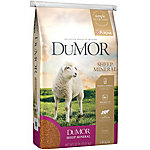
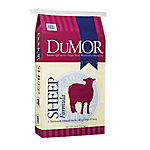
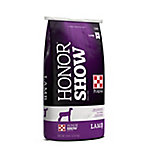
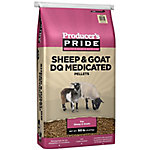
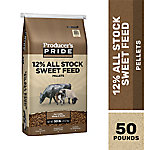

 )
)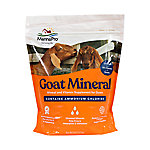
 I go through about 2 gallons a week @ $6.00/gallon for raw cow milk at a local dairy. I could add potential savings were I to milk more than the one doe and make cheese and other goat milk products. I could also use the extra milk to supplement feed for other animals I have. Not a thing you'll typically get to enjoy with sheep, though there are dairy breeds of sheep too. You could save a good bit by butchering your own sheep for your freezer.
I go through about 2 gallons a week @ $6.00/gallon for raw cow milk at a local dairy. I could add potential savings were I to milk more than the one doe and make cheese and other goat milk products. I could also use the extra milk to supplement feed for other animals I have. Not a thing you'll typically get to enjoy with sheep, though there are dairy breeds of sheep too. You could save a good bit by butchering your own sheep for your freezer.